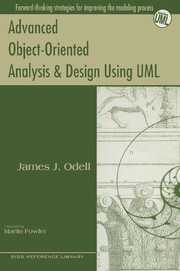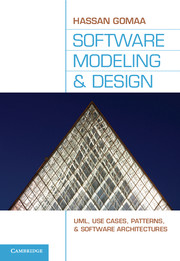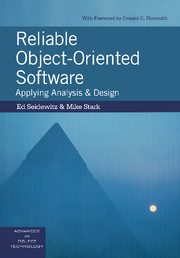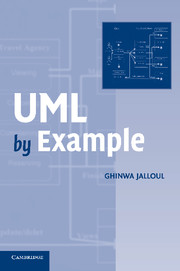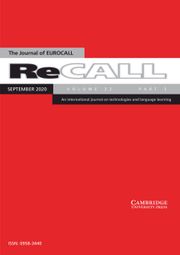Advanced Object-Oriented Analysis and Design Using UML
This 1998 book conveys the essence of object-oriented programming and software building through the Unified Modeling Language (UML). Composed of updated versions of James Odell's articles from The Journal of Object-Oriented Programming, ROAD, and Object Magazine, it provides concise but in-depth pieces on structural issues, dynamic issues, business rules, object complexity, object aggregation, design templates, and the process of objects.
- Author is co-chair of the Object Management Group's Object Analysis and Design Task Force
- Introduces the notions of multilevel meta-modeling, structural constraints, power types, and business rules to OO design and analysis
- A collection of his most important work from JOOP, ROAD, and Object Magazine, updated to reflect the implementation of UML
Product details
February 1998Paperback
9780521648196
262 pages
228 × 153 × 16 mm
0.355kg
Available
Table of Contents
- Part I. Structural Issues:
- 1. Modeling objects: using Binary- and Entity-relationship approaches
- 2. Object types as objects and vice versa
- 3. Power types
- 4. Specifying structural constraints
- 5. Toward a formalization of OO analysis
- Part II. Dynamic Issues:
- 6. What is object state?
- 7. Dynamic and multiple classification
- 8. Events and their specification
- 9. Approaches to finite-state machine modeling
- Part III. Business Rules:
- 10. Business rules
- 11. Using rules with diagrams
- Part IV. Object Complexity:
- 12. Managing object complexity, Part I: classification and generalization
- 13. Managing object complexity, Part II: aggregation
- Part V. Object Aggregation:
- 14. Six different kinds of aggregation
- 15. A foundation for aggregation
- 16. A user-level model of aggregation
- Part VI. Design Templates:
- 17. From analysis to design using templates, Part I
- 18. From analysis to design using templates, Part II
- 19. From analysis to design using templates, Part III
- Part VII. The Process of Objects:
- 20. Method engineering
- 21. User workshop techniques
- 22. Object-oriented methodologies.

